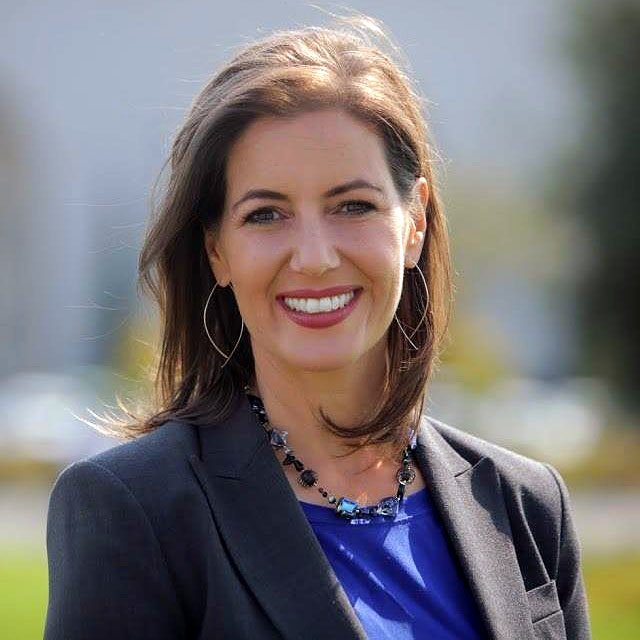Oakland Mayor Schaaf Traces Social-Justice Roots to Loyola

A quarter century later, Oakland Mayor Libby Schaaf ’93 still recalls when Los Angeles exploded after the Rodney King verdict. “The riots took place during finals week,” she recalls of her last term at Loyola Law School. “Tests were cancelled.” She spent some of that time helping people who’d had their power turned off or their neighborhoods destroyed. And as a law student, it was hard not to see the real-world impact the law — in this case, a jury’s call to acquit LAPD officers captured on camera beating a black man — could have. “Seeing the result of that trial was so poignant.”
Schaaf had grown up in a place both similar and different. As a kid raised near Lake Merritt, she had seen Oakland move from Black Panthers to white flight and beyond. Now as the city’s mayor, she deals with a fresh set of challenges: The last few years, she says, have involved “the greatest net growth Oakland has seen since the 1906 earthquake. But the growing pains are real.” The city’s surging cost of living stands out even in the Bay Area, forcing out middle-class renters and jolting others into homelessness.
Schaaf came to Loyola as a way to break into the entertainment industry, but found herself responding to the school’s emphasis on social justice. “I loved law school. I felt like I was looking under the hood of attempts to codify morality,” she says. “Loyola looked at the law, and its effects, in terms of equity and inclusion.”
She helped form the school’s Public Interest Law Foundation, which aimed to connect students with underserved populations. In part because of the group, which marks its 25th anniversary this fall, “a lot of my friends from Loyola have gone on to do public-interest work.”
Schaaf herself later quit her job at a large law firm because her public-service work at the Oakland Boys and Girls Club was more meaningful. She co-founded Oakland Cares, a group that coordinated hundreds of public-improvement projects in the city, before embarking on a career in public service that included stints as Oakland City Council chief of staff and aide to former Oakland Mayor Jerry Brown.
Her commitments, then, to her hometown are unambiguous. As Oakland’s Mayor, Schaaf has pushed for a higher minimum wage and more affordable housing, pioneered a “cradle-to-career” initiative called the Oakland Promise, and doubled down on the city’s tradition for tolerance. “Immigrant, trans, queer, whatever,” she says. “We are here to embrace and protect every citizen. It’s now more important than ever to be clear about our values.”